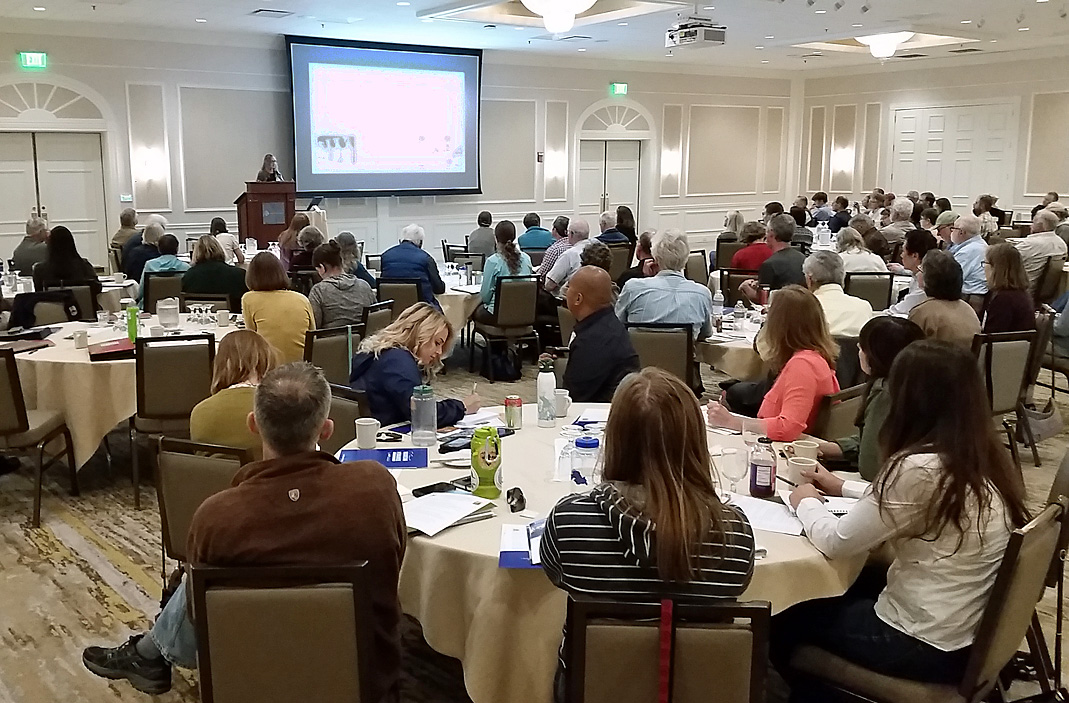2018 WBCI Annual Meeting
S.O.S. for Our Flying Bug Eaters: Addressing Declines in Chimney Swifts, Nighthawks, Bats, & Other Aerial Insectivores
Some of our most beloved birds — Purple Martins, Chimney Swifts, Tree and Barn Swallows, E. Whip-poor-wills, and C. Nighthawks — are in trouble and we know only some of the reasons why. All of these, as well as other swallows, some flycatchers, and even bats are known as “aerial insectivores,” species that feed on their insect prey in flight. In Canada, populations of several formerly-common aerial insectivore species have fallen by more than 70% within the last two decades, leading some to be listed as Threatened. Similar declines are occurring in some U.S. states and regions, including Wisconsin.

On 6-8 September 2018 nearly 140 bird enthusiasts gathered at the Ingleside Hotel near Waukesha to learn about these species, recent research results, and what we can do to help. The event provided outstanding networking opportunities, served as a launching point for future collaborations, and offered the rare opportunity to witness over 2300 Chimney Swifts entering a single roost! Individual presentations are linked within the conference agenda below. Questions and comments relative to the event should directed to Bill Mueller (wmueller@wglbbo.org), Karen Etter Hale (wbcibird@gmail.com), or Ryan Brady (ryan.brady@wisconsin.gov).
News Article – Peninsula Pulse | Video of Chimney Swifts entering roost
CONFERENCE AGENDA WITH LINKS TO INDIVIDUAL PRESENTATIONS

This Wisconsin Bird Conservation Initiative and Bird City Wisconsin conference was sponsored by the Wisconsin Department of Natural Resources, Natural Resources Foundation of Wisconsin, American Bird Conservancy, Madison Audubon Society, Western Great Lakes Birds & Bat Observatory, and Wisconsin Society for Ornithology, with additional funding provided by the Wisconsin Metro Audubon Society, 1000 Friends of Wisconsin, and Jaeger-Mellerop Family Charitable Trust.
